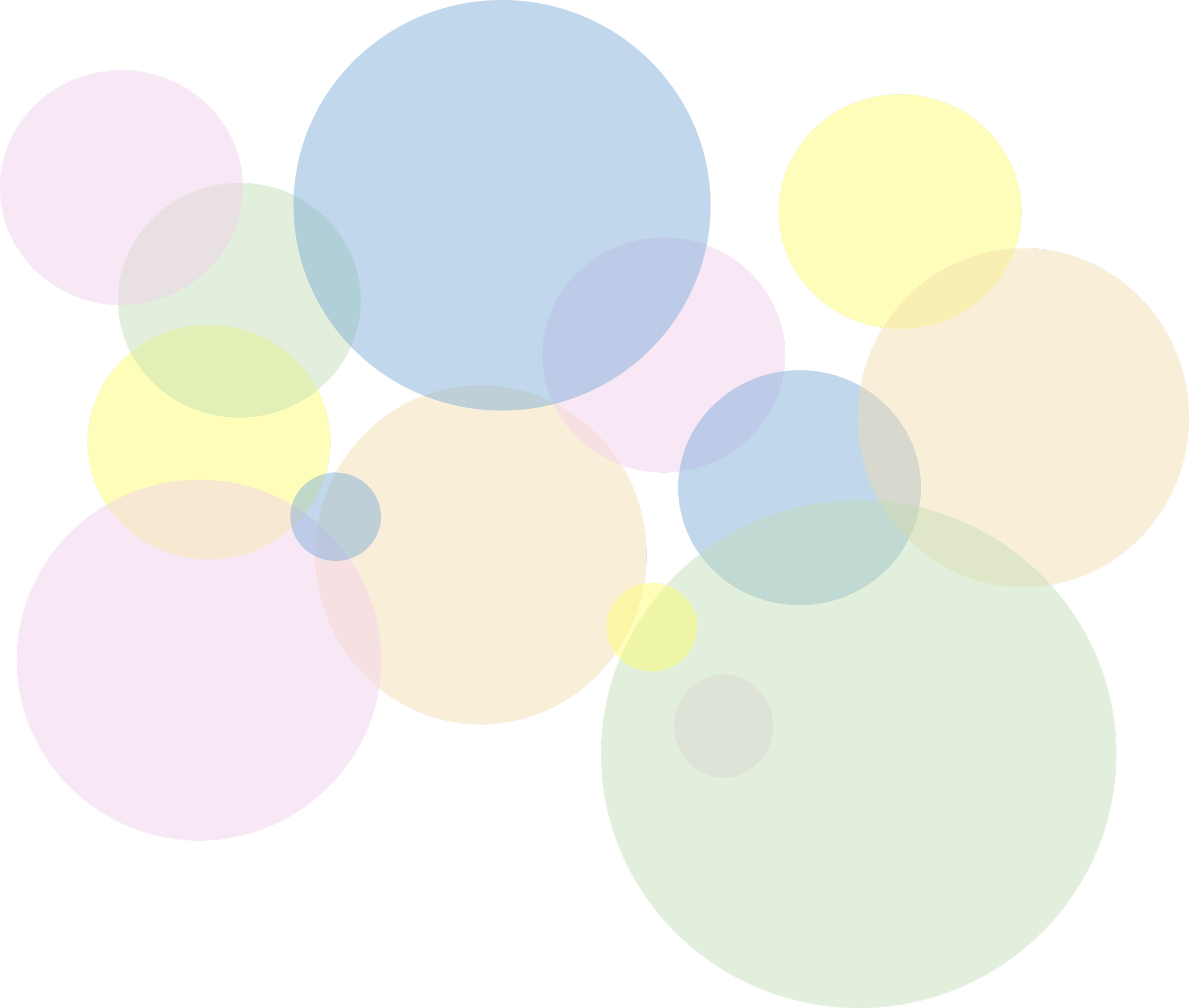
Types of Conditions
Quizzes are provided for each section. Feel free to take them as many times as needed.
Zero Conditional
Use: To talk about things that are always true (facts, routines, rules).
Form: If + present tense, present tense
Examples:
If you heat water, it boils.
If it rains, the grass gets wet.
If students study, they pass the test.
First Conditional
Use: To talk about real possibilities in the future.
Form: If + present tense, will + base verb
Examples:
If I study, I will pass the test.
If it rains, we will cancel the picnic.
If she calls, I will answer.
Second Conditional
Use: To talk about unreal or unlikely situations in the present or future.
Form: If + past tense, would + base verb
Examples:
If I won the lottery, I would travel the world.
If he were taller, he would play basketball.
If we had a car, we would go now.
Note: “Were” is used with all subjects in formal English (If I were...).
Third Conditional
Use: To talk about things that didn’t happen in the past.
Form: If + had + past participle, would have + past participle
Examples:
If I had studied, I would have passed.
If she had left earlier, she would have arrived on time.
If they had called, we would have helped.
Mixed Conditional
Use: To talk about a past condition with a result in the present (or vice versa). It’s a combination of second and third conditionals.
Form:
If + had + past participle, would + base verb → (Past condition, Present result)
If + past tense, would have + past participle → (Present condition, Past result)
If I had studied harder, I would have a better job now.
→ (Past condition + Present result)If she were more confident, she would have spoken at the meeting yesterday.
→ (Present condition + Past result)If they had taken the earlier train, they wouldn't be stuck in traffic now.
→ (Past condition + Present result)
































